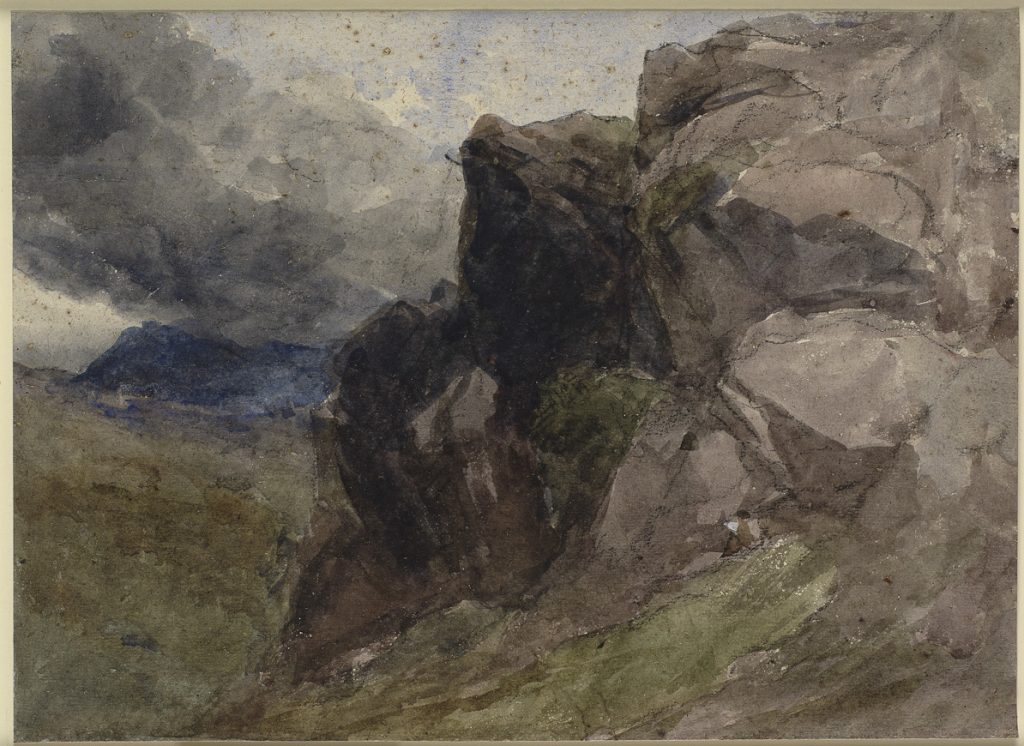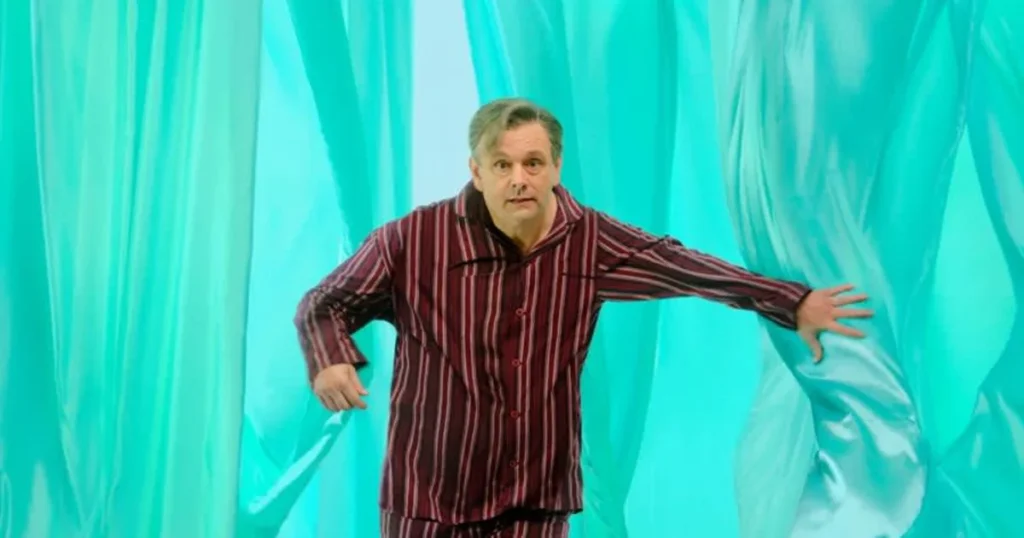Merlin Gable explores the legacy of Raymond Williams’s radical vision for our society – and asks what we should remember him for.
‘Culture is ordinary: through every change let us hold onto that.’
And god knows we have, us Welsh, ever since he said it in his 1958 essay of the same name. From a not-quite-nation with an ancient culture, where Raymond Williams – writer, cultural critic, novelist and Wales’s most beloved son we love to forget – was born one hundred years ago in August 1921, through the collapse of industry, the coming of mass media, social media, destitution, devolution, god knows we’ve held onto how ordinary we are.
We’re belligerently ordinary at times, and I think our image within the UK – where England is a plethora of more or less accurate caricatures and Scotland is dour but culturally distinct, quite deserving of independence you have to hand it to them, even if you’re not in favour yourself – is precisely that. Curiously insistent of our own distinctiveness, but also insistently ordinary.
‘The cottagecore-ification of the border country is upon us.
You’d be hard pressed to define an easily characterised Welsh national culture: we’re a country that came to be because it was too hilly for invaders to carry on invading, and we’ve done our best to make the most of it in the millennium or so that has followed.
We’re so ordinary that we’re now the number one tourist destination for domestic holidays (if you combine people’s expressed desire to visit ‘North Wales’ and ‘South Wales’). Indeed, Williams’s beloved Black Mountains – where I too grew up and whose structure of feeling was impressed enough upon me to have felt a pang of recognition, a micro hiraeth of my own, when I first read his work – is increasingly dominated by Airbnb and second homes: the cottagecore-ification of the border country is upon us and it feels, amongst other things, quite ordinary.
In another essay with a less quotable name (simply ‘Welsh Culture’), Williams warns Plaid Cymru of all people to cast off the ‘fancy dress’ of Welsh culture: ‘bara brith and the Eisteddfod … choirs and Cardiff Arms Park … love spoons and englynion … the national costume and the rampant red dragon’ and instead, in ‘taking culture in its full sense’ to ‘speak… of something quite different’: ‘depopulation, unemployment, exploitation, poverty’. ‘If these are not part of Welsh culture,’ Williams warned, ‘we are denying large parts of our social experience.’
Innovative. Informed. Independent.
Your support can help us make Wales better.
People have always liked to dress us Welsh up, but instead of giving them a good dressing-down, we all too often do it to ourselves just as well.
I Loves the ‘Diff is a brand whose grift of monetising the way ordinary people in our capital city speak whilst blithely ignoring its class politics is so painfully obvious that they likely hold the almost admirable title of one of the most loved and most hated brands in Cardiff. They also perfectly capture our confused desire to showcase our distinctive ordinaries and yet how distinctly ordinary we are.
‘Williams’s urgent radicalism, albeit always qualified and considered, has become an orthodoxy of social analysis, even if perhaps not yet one of social action.
To seek refuge in a Williams quote, we find he writes in his 1983 book Towards 2000 that ‘relationship is precisely an alternative to the use of others as raw material.’ ‘Cheers drive!’ sticker anyone?
Ordinary too – disappointingly so this time – was Williams’s centenary, when it came around.
Much hugely admirable work has been put into memorialising him and his work in a myriad of ways by organisations and alliances of thinkers and do-ers across Wales (although not, it might be noted, by the Welsh Government). We sang as united as a miners choir (backed up by the English left this time) that ‘his writing speaks directly to our politics’, to quote The Guardian directly. Not exceptional then, this writing, but in a sense ordinary in its continued relevance.
Nobody seems, yet, to have argued that this is a bad thing. That Williams’s urgent radicalism, albeit always qualified and considered, has become an orthodoxy of social analysis, even if perhaps not yet one of social action. That we are no closer to the ‘radical, egalitarian, rural Wales’ that Williams sees coming out of ‘a long experience of domination and neglect,’ or to ‘real independence,’ which he considers ‘a time for new and active creation: people sure enough of themselves to discard their baggage; knowing the past as past, as a shaping history, but with a new confident sense of the present and the future.’
Indeed, the ‘new generation in nationalism’ he once identified as a confident group ‘talking about “this Wales we’re going to make”’ are now very much the old guard and with twenty years of devolution under our belt we’re no closer to being able to ‘defeat, override or bypass bourgeois England,’ as Williams once wrote on a particularly boisterous day.
In a Wales where Williams’s rallying cry for cultural democracy and community empowerment are as relevant today as they ever were, it becomes clear that, whilst we might cheerfully refer to it as a ‘long revolution,’ what we may really mean is no revolution at all.
‘In holding and considering place seriously and with thought, we can render it unordinary and thus see its true patterns.
And what of the unordinary? Maybe it’s in estranging ourselves from our comfortable vision of Wales – be that your ‘Cwtch’ pillow or your ‘clear red water’ – that we can better memorialise what Williams stood for in his centenary year.
In his final work, the magisterial and incomplete novel People of the Black Mountains, Williams instructs you: ‘See this layered sandstone in the short mountain grass. Place your right hand on it, palm downward. See where the summer sun rises and where it stands at noon. Direct your index finger midway between them. Spread your fingers, not widely. You now hold this place in your hand.’ In holding and considering place seriously and with thought, we can render it unordinary and thus see its true patterns.
Wales only became unordinary to me when I left it – and it’s at that precise moment that I also realised I was Welsh and what that meant when faced with a suffocating bourgeois English culture. That and in reading Williams, in recognising that all of my own ordinary feelings – about my village and the way it was changing as I grew up, about how I wasn’t sure if I was allowed to be Welsh if I couldn’t speak the language without a script in front of me, about if I could make a future for myself which reconciled my personal desires with my deep, if unarticulated, sense of roots in the place which I knew – were also the feelings of someone who grew up in the next village down the valley seventy years earlier.
Discussions and debates that drive Wales forward.
Join Wales’ leading independent think tank.
‘The only landscape I ever see, in dreams, is the Black Mountain village in which I was born,’ he writes touchingly in The Country and the City. And I guess we’re all a bit like that when we think about our own Wales. Better than thinking of Gavin and Stacey at least.
What was so refreshing for me about Williams, and what I am thinking about at this centenary, is the way that he made Wales so identifiable to me but also so strange. He draws out our assumed orthodoxies and the radical possibilities inherent within our culture that we don’t always see.
All we Welsh ever do is talk about ourselves, yes, but perhaps what I’m saying is we don’t always go about it in the right way. ‘We don’t get past’ the divisions across Wales, he writes, ‘by inventing a pseudo-historical or romantic Welshness; indeed that would only divide us further. We get past it by looking and working for unity in the definition and the development of a modern Wales, in which the really powerful impulses – to discover an effective modern community and to take control of our own energies and resources – can be practically worked through.’
Ever multiple, ever practical, ever material, that’s the Williams we can memorialise.
All articles published on the welsh agenda are subject to IWA’s disclaimer.





